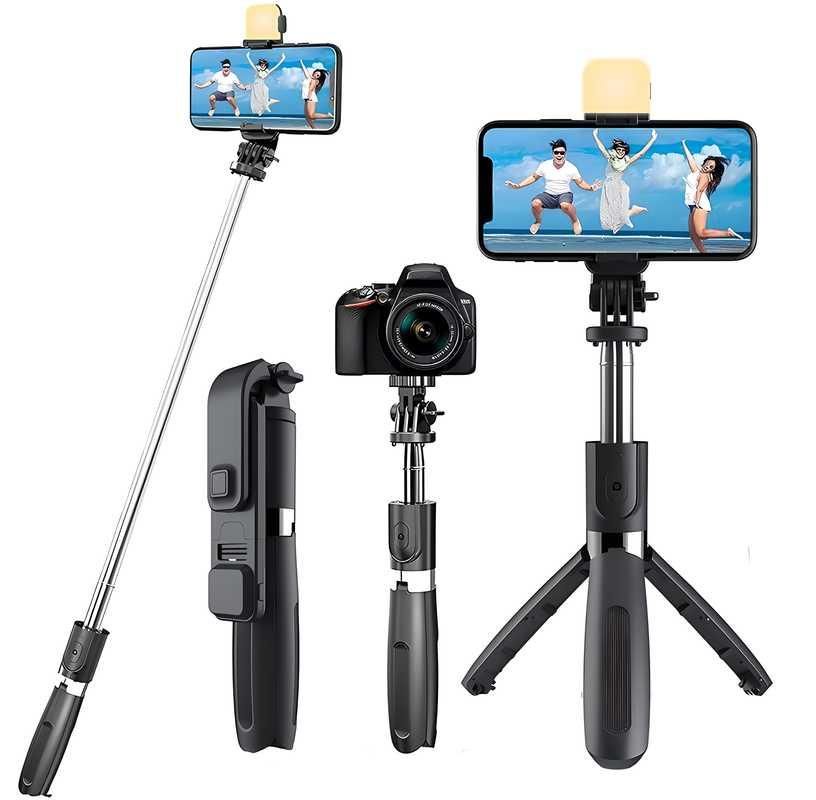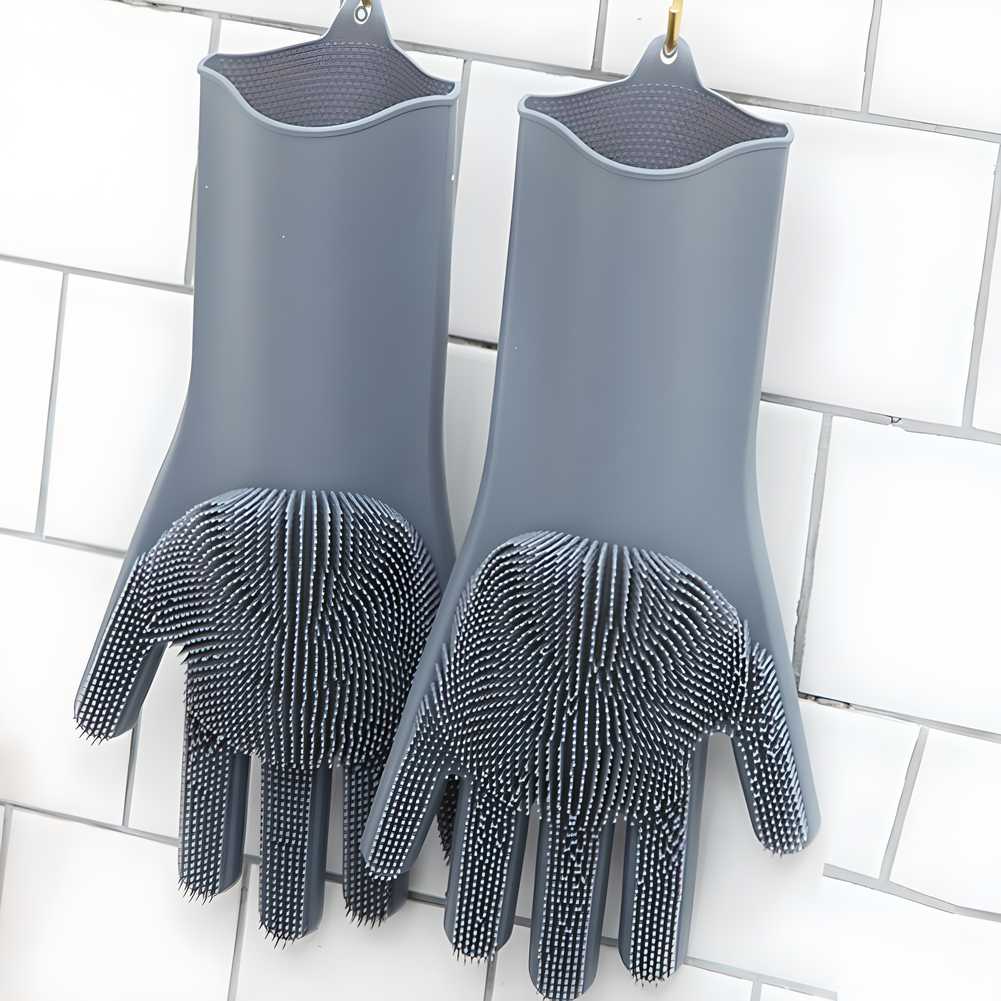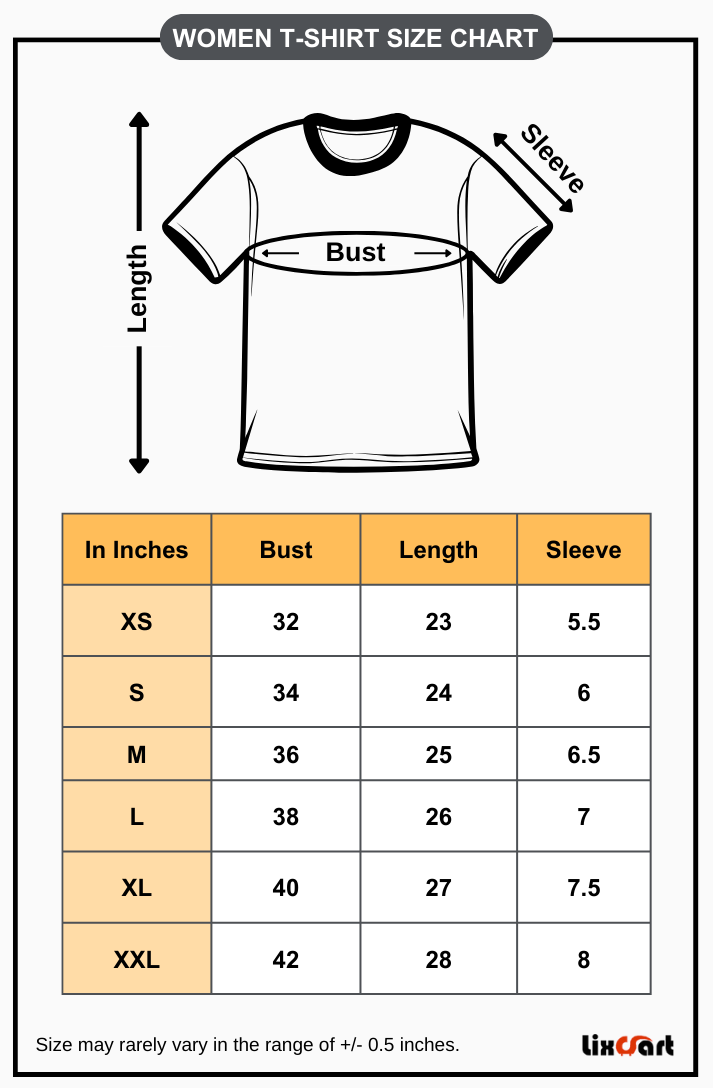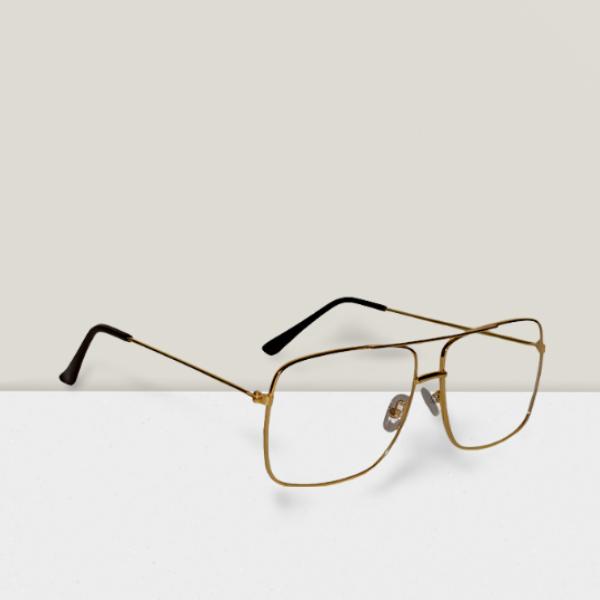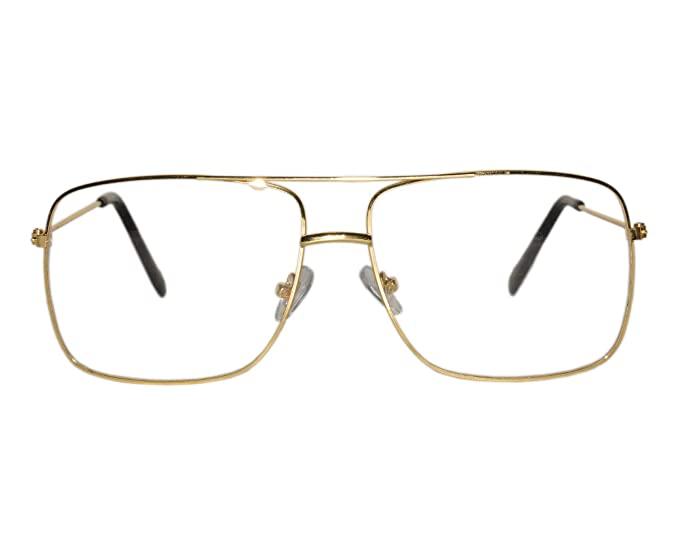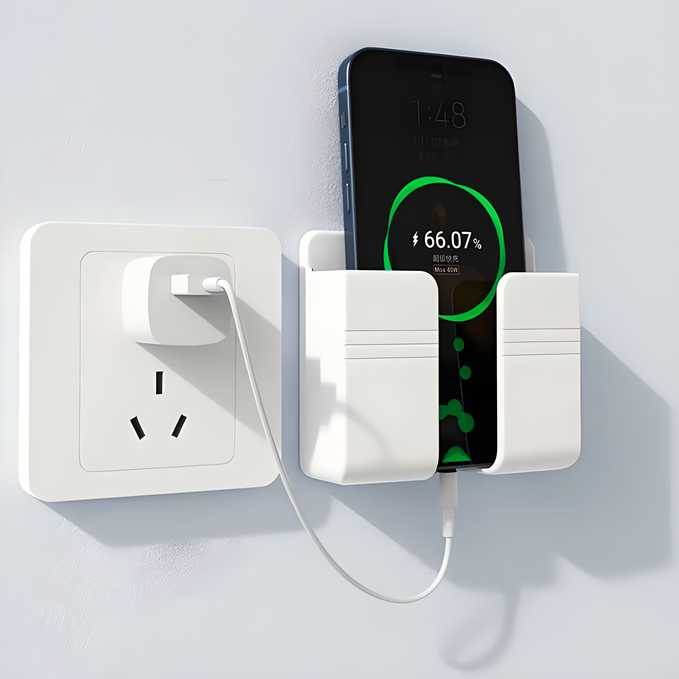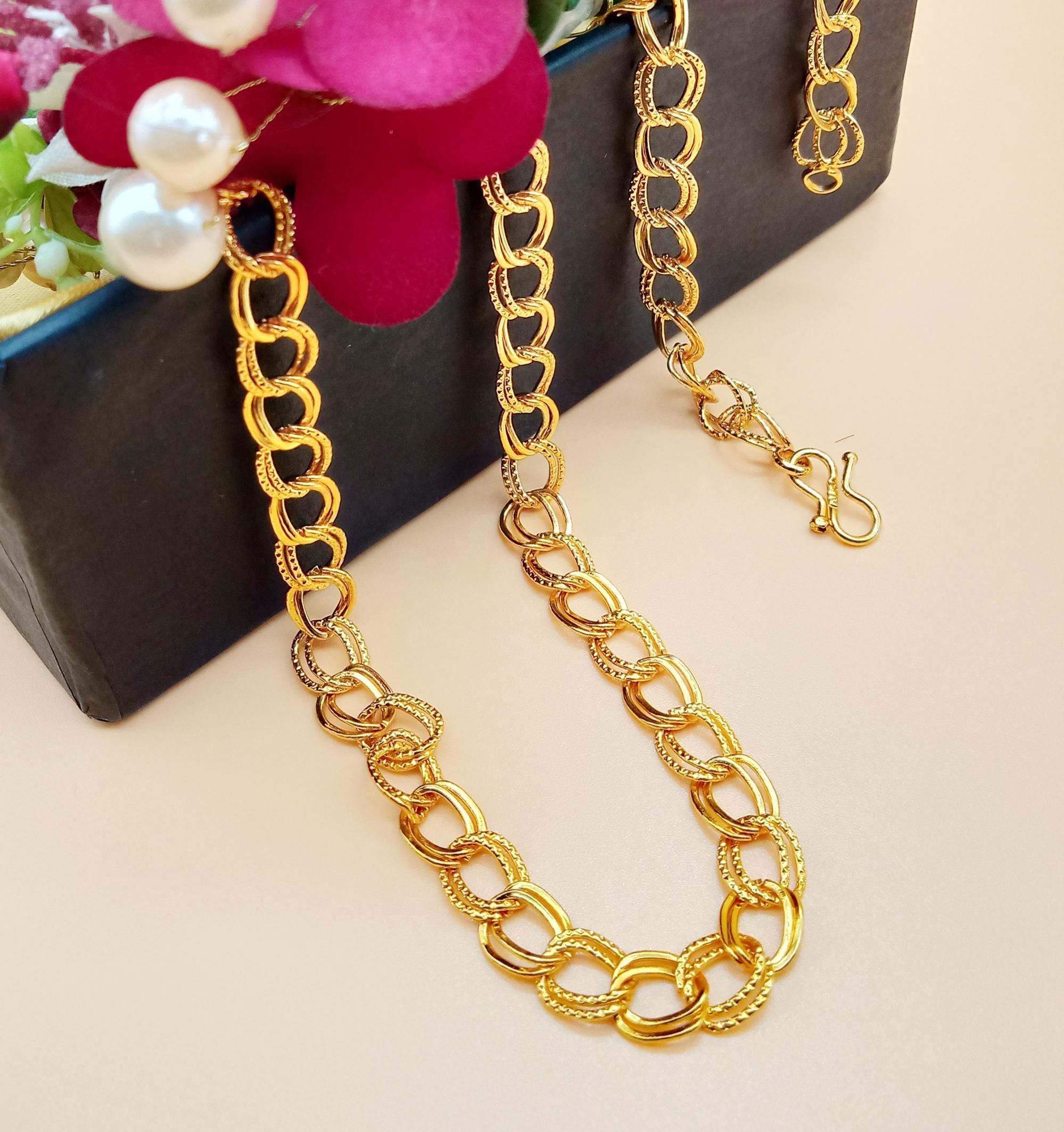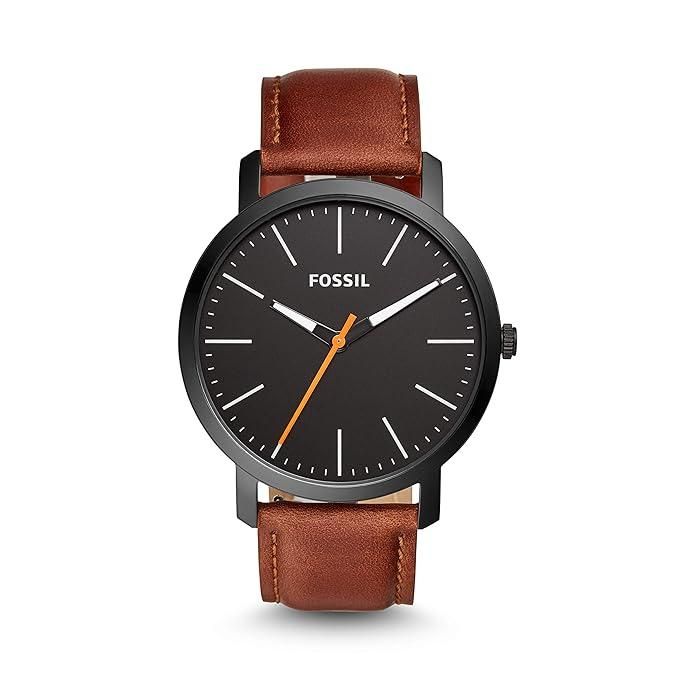Smartwatch vs. Traditional Watch: In the world of timepieces, the classic wristwatch has long been a symbol of style, elegance, and craftsmanship. However, the advent of smartwatches has disrupted the traditional watch market, offering a new realm of functionality and connectivity.
In this article, we'll explore the differences between smartwatches and traditional watches, helping you find the right balance between style and functionality for your wrist.
The Allure of Traditional Watches
1. Timeless Aesthetics: Traditional watches are celebrated for their timeless and elegant designs. Crafted from high-quality materials, they serve as both functional tools and fashion statements.
2. Heritage and Craftsmanship: Swiss watchmakers, for instance, are renowned for their intricate mechanical movements, and many traditional watch brands boast a rich history of craftsmanship.
3. Minimal Distraction: Unlike smartwatches, traditional watches are free from notifications and digital distractions. They allow wearers to stay focused on the analog beauty of time.
4. Longevity: A well-maintained mechanical watch can last for generations, becoming a cherished family heirloom.
5. Collectibility: Many watch enthusiasts are drawn to collecting vintage and limited-edition timepieces, appreciating their rarity and unique features.
The Appeal of Smartwatches
1. Advanced Features: Smartwatches are like miniature computers on your wrist. They offer a wide range of features, from fitness tracking and GPS navigation to messaging and voice assistance.
2. Real-Time Connectivity: Stay informed with notifications from your smartphone without having to pull out your device. Smartwatches keep you connected on the go.
3. Health and Fitness Tracking: Monitor your heart rate, track your steps, and analyze your sleep patterns with built-in sensors and health apps.
4. Customization: Smartwatches often allow users to change watch faces and personalize their device to match their style or mood.
5. Constant Updates: Manufacturers regularly release software updates, adding new features and improving the user experience, keeping your watch up-to-date.
Balancing Style and Functionality
Choosing between a traditional watch and a smartwatch ultimately depends on your lifestyle, preferences, and priorities. Here are some tips for finding the right balance:
1. Occasion and Dress Code: Consider where and when you plan to wear your watch. Traditional watches are often more suitable for formal events, while smartwatches excel in everyday and active scenarios.
2. Budget: Determine how much you're willing to invest in a timepiece. High-end traditional watches can be substantial investments, whereas smartwatches offer a broader range of price points.
3. Purpose: Identify the primary purpose of your watch. Is it primarily a fashion accessory, a functional tool, or a combination of both? Your intended use will guide your choice.
4. Interchangeability: Some smartwatches offer interchangeable bands, allowing you to switch between a traditional look and a more casual one, offering versatility.
5. Hybrid Watches: Consider hybrid smartwatches, which blend the elegance of traditional watches with limited smart features like activity tracking and notifications.
6. Personal Values: Think about your personal values and priorities. If you prioritize connectivity, health tracking, and the latest technology, a smartwatch may be the right choice. If you value tradition, craftsmanship, and aesthetics, a traditional watch may be more appealing.
Smartwatch vs. Traditional Watch: In the end, the choice between a smartwatch and a traditional watch is a matter of individual preference. Some people opt for both, wearing a traditional watch for formal occasions and a smartwatch for everyday use.
Ultimately, the perfect timepiece is the one that suits your lifestyle, complements your style, and enhances your daily experience. Whether you're drawn to the intricate gears of a mechanical watch or the high-tech capabilities of a smartwatch, your wrist can become a canvas for both style and functionality.




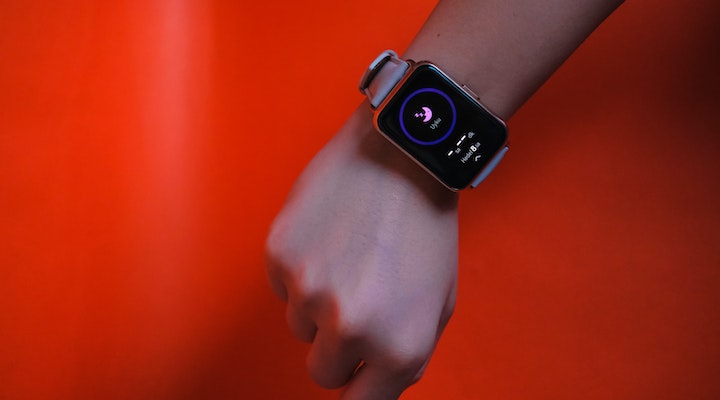







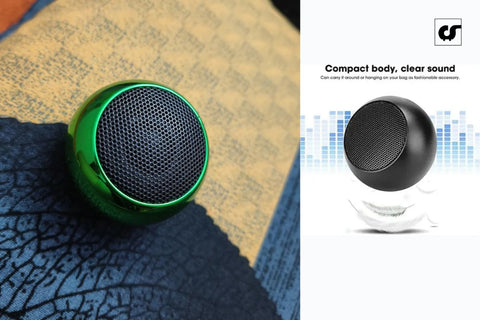














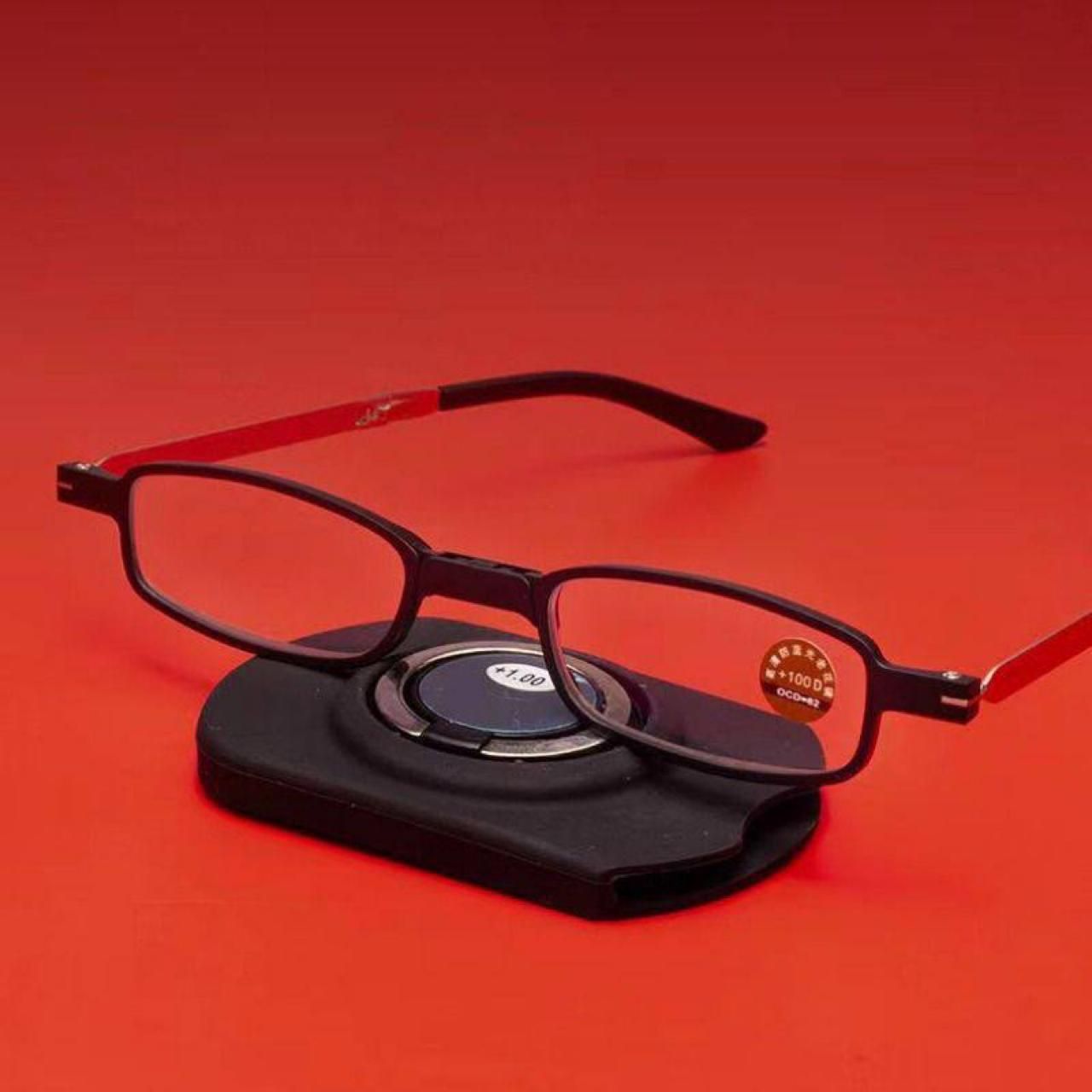





![Cute Cat Hooks for Wall [Pack of 2]](http://lixcart.com/cdn/shop/files/8571429832.jpg?v=1716821741&width=1200)
![Cute Cat Hooks for Wall [Pack of 2]](http://lixcart.com/cdn/shop/files/5738060684.jpg?v=1716821741&width=800)
